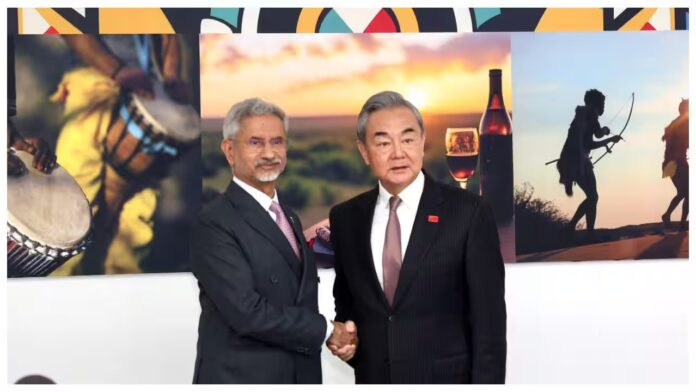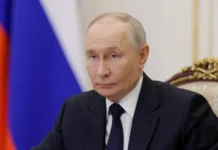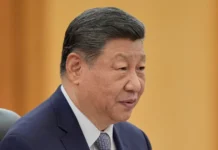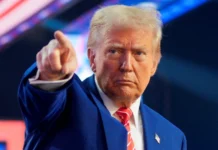Beijing has firmly denounced the recent imposition of a 50 percent tariff on Indian imports, urging Washington to abandon what Chinese officials describe as a coercive and protectionist strategy.
Chinese Ambassador to India, Xu Feihong, used pointed language to characterise the tariffs as a form of economic intimidation. Speaking in New Delhi, he accused the United States of wielding tariffs as “bargaining chips” and warned that silence in the face of such measures would only embolden what he called a “bully” approach to international trade.
The tariffs, comprising an initial 25 percent “reciprocal” levy followed by an additional 25 percent penalty tied to India’s continued imports of Russian oil, mark a dramatic escalation in trade friction between the United States and India.
In response, Ambassador Xu declared that China will “firmly stand with India” and appealed for unity between the two Asian giants.
He described India and China as “the double engines of economic growth in Asia,” underscoring the broader geopolitical stakes of the dispute.
Beyond rhetoric, Xu called for deeper cooperation between China and India. He urged stronger economic ties, increased bilateral trade, and framed the partnership as vital for defending multilateralism and safeguarding the interests of the Global South.
His sentiment echoed a shifting landscape in Asia where geopolitical tensions with the United States are promoting closer alignment between China, India, and other emerging powers.
India has pushed back sharply against the tariffs, labelling them unjustified and a violation of its sovereign trade decisions. Indian officials emphasised that their energy policy and trade choices are grounded in national interest, not geopolitical posturing.
Meanwhile, the tariff crisis has catalysed closer cooperation between India and Russia. In a move signalling resilience and adaptation to Western pressure, both nations pledged to boost trade, especially in pharmaceuticals, agriculture, and textiles, following a meeting of their foreign ministers in Moscow.
In essence, China’s vocal opposition to the U.S. tariff escalation marks more than diplomatic posturing. It signals deepening strategic coordination between Beijing and New Delhi, a reaffirmation of multipolar realities and a pushback against what emerging markets perceive as unilateral economic coercion.
The stakes extend far beyond trade alone, shaping the contours of regional power dynamics in an era of shifting alliances.
Written By Ian Maleve



















